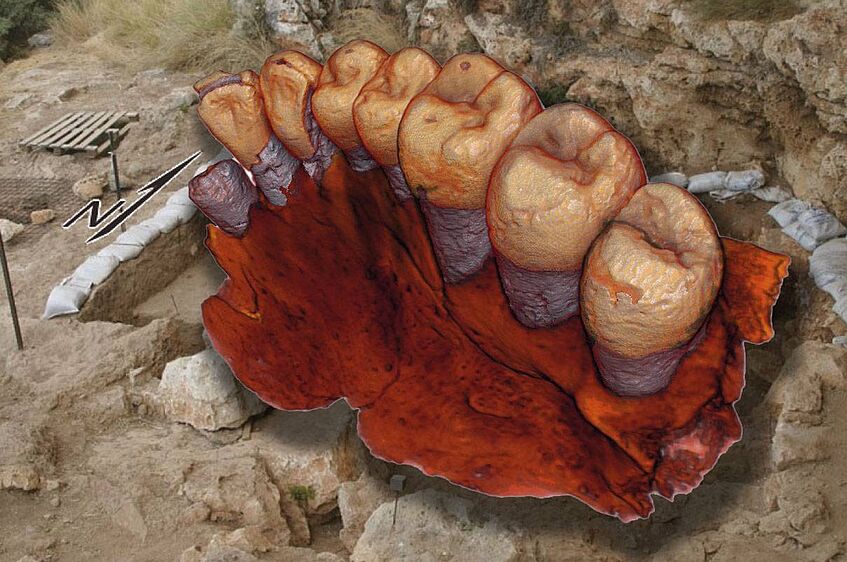Human Evolution

Human Evolution
Human evolution is a field of biolgical research concerned with the origin of humans. Homo sapiens and its ancestors are at the core but comparative analyses also include great apes, other primates, and mammals. Human Evolution is part of the discipline "biological anthropology" and requires a multidisciplinary approach involving evolutionary biology, primatology, genetics, paleoecology, geology, mathematics, linguistics, and others.
The term "human", in the context of human evolution, refers to the genus Homo, but studies of human evolution usually include earlier hominins, such as australopithecines. The genus Homo developed from australopithecines more than 2 million years ago in Africa. Several species of Homo evolved, including Homo erectus, which spread to Eurasia, and Homo neanderthalensis, which can only be found in Eurasia but not in Africa. Homo sapiens appeared roughly 300,000 ago and left Africa the first time 185,000 years ago.
The ancestors of humans have started to use stone tools more than 3 million years ago. Since then we recognize an increasing sophistication of tools and artifacts. Cultural evolution became an essential driving force of human evolution. Thus it makes sense to consider them in one framework because cultural evolution influences biological evolution and vice versa.
The research at our department comprises:
